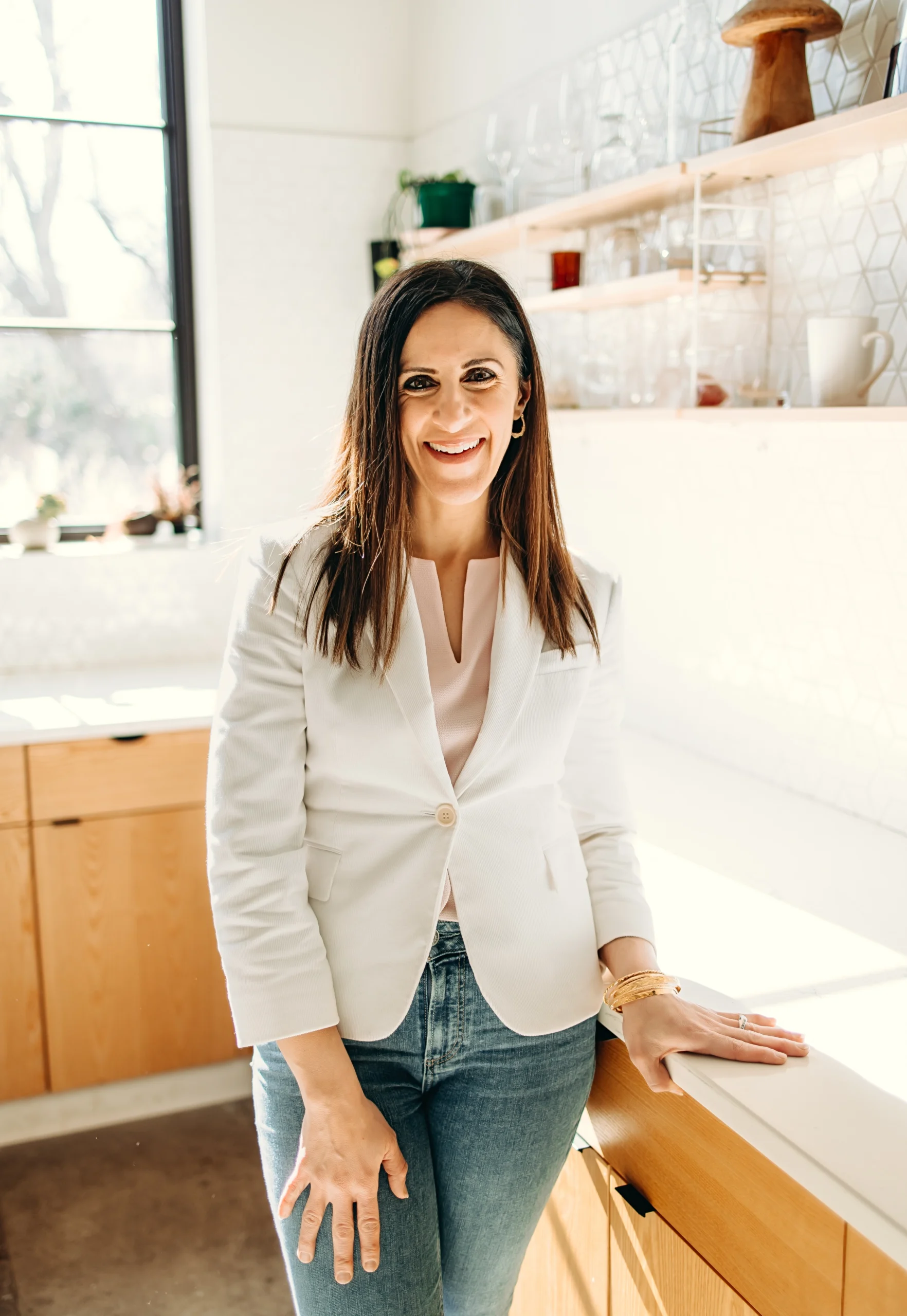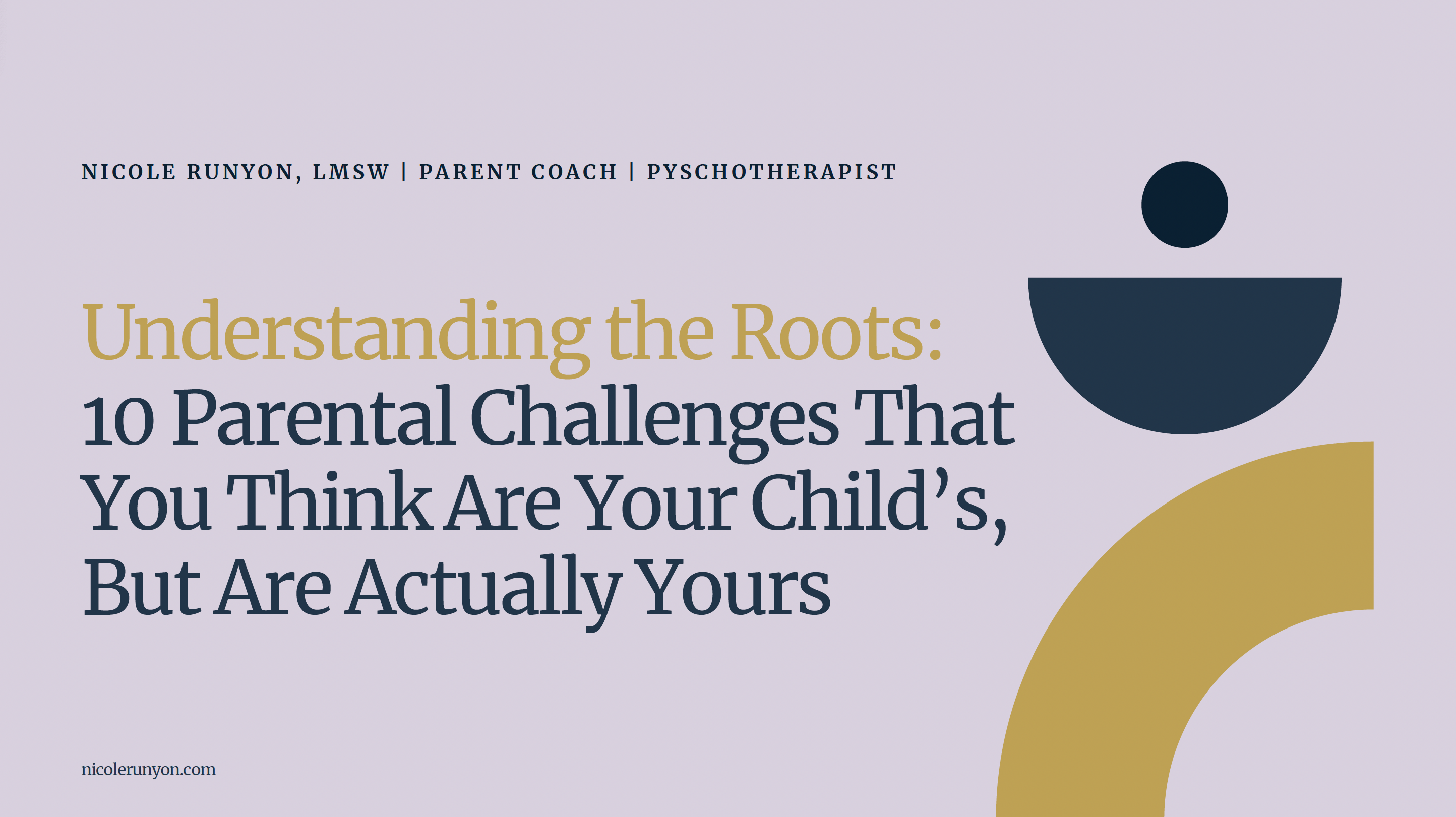My 11-year-old daughter had an attitude…
My first thought was yep, right on schedule. Hormones. I remember giving the same attitude to my parents at exactly the same age. My mom told me, “you’re getting too big for your britches.”
Kids give their negative feelings to their parents. We are the safe people.They can get it all out with us and “feel better.”
But they don’t feel better because the negative feelings get stuck.
I confronted my daughter. I was firm. I told her she had to self-reflect and think about what was bothering her. I am available to talk about it, but she couldn’t treat me the way she was treating me. It was a boundary. One that forced her to look at herself.
Us parents are the mirror for our children. We must reflect back to them what they need. We are the first relationship they experience. We need to teach them how to respect our boundaries, so they respect other people’s boundaries out in the world.
My boundary was, don’t speak to me poorly. Talk to me. I am here for you.
I explained that our negative feelings are normal and if we get them out, we can find solutions for them. Alternatively, if we stuff them down it becomes like trash in a trash can. They keep getting smushed down to leave room for more garbage. Eventually the garbage overflows and becomes too much for us to handle. So, I told her to get out the garbage!
She proceeded to share with me the things that were bothering her. For her privacy I am not going to share them here, but just know it was nothing serious. Serious to her of course, but for us adults it was typical 5th grade stuff. Stuff she needed me to help her sort out. I used the following framework. This framework is in my book Free to Fly and is designed to help children sort through their feelings, and parents, you can use it too. You are the safe people, the ones your children want to talk to. The reason why they don’t isn’t because of you. It’s because once we speak our feelings, the moment it leaves our mouths, it becomes real, and we actually have to face it. In the short term it’s easier to stuff it down, in the long term the garbage builds up.

First, we show up. We give them eye contact, our full undivided attention and ask them to speak their feelings out loud.
Then we reflect back to them what they are saying, asking for clarification as we need it and even repeat their words. This demonstrates we are actively listening to them.
Next, you support them by validating their feelings. Don’t mistake this for validating their reaction or their inaction. We want to acknowledge that feelings are never wrong, it’s the way we react to them that we need to work on and help them with. So, you can say something like “I understand you feel disappointed that you got a bad grade on your test even though you studied hard,” and leave it at that. Don’t try and rescue them by emailing their teacher and asking if they can retake the test.
The last step is to help them find a solution. Ask them “what do you need to do now?” of “what is your part in taking action?” So, the test example could be something like, asking the teacher for help learning where you went wrong, so you can do better next time. This solution helps them take initiative to solve their own problems.
This framework is so powerful for children to build agency and have a sense of feeing competent and self-confident! Once I talked through my daughter’s issues with her she seemed lighter. That’s the word I felt was best to describe it. When I asked her a week later how she was feeling she used the word I instinctually had thought of and said, “I feel lighter.”

